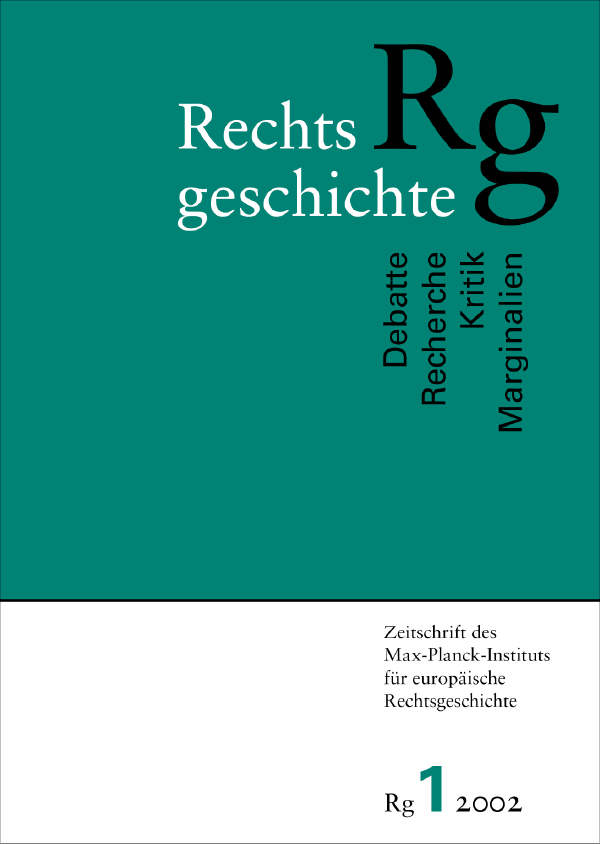Baconsche Tatsachen
DOI:
https://doi.org/10.12946/rg01/036-055Abstract
Not only facts as words and concepts, but also facts as a form of experience have a history. The origins of the scientific fact as a category of experience lie in the legal fact, particularly in the work of the English jurist and natural philosopher Francis Bacon (1561-1626). The category of the fact, as a bare statement of that which is the case, unembellished by inference, interpretation, or generalization, was the creation of early modern lawyers, and then eagerly taken up by historians, natural philosophers, and even theologians--first in English, then in French, and still later in German. Baconian facts forged a new kind of scientific experience, with distinctive objects, practices, and textures. The legal distinction between matters of fact and matters of law seemed to many seventeenth-century natural philosophers to be eminently useful in driving a wedge between observations and hypotheses, between data and conjecture, especially for controversial issues.
Downloads
Veröffentlicht
Zitationsvorschlag
Ausgabe
Rubrik
Lizenz
Copyright (c) 2002 Autor/in

Dieses Werk steht unter einer Creative Commons Namensnennung - Nicht-kommerziell - Keine Bearbeitung 3.0 International -Lizenz.





